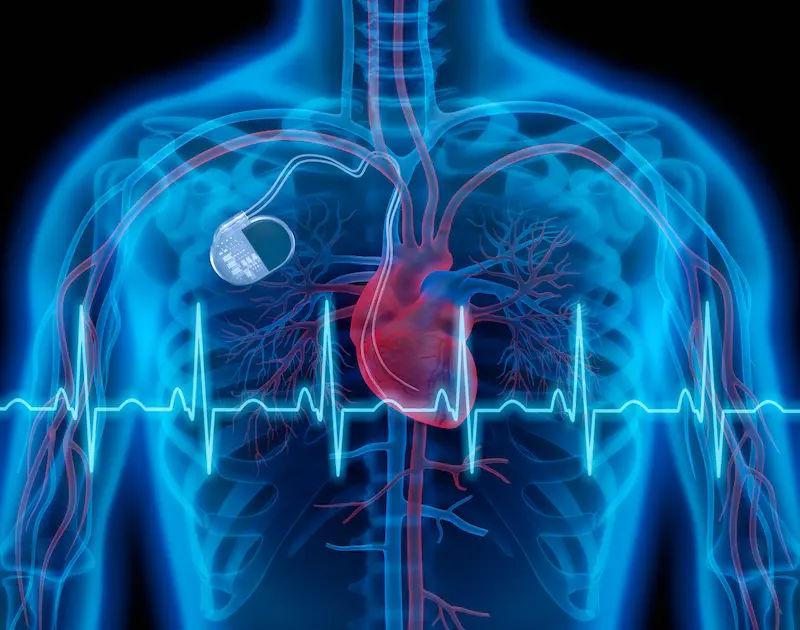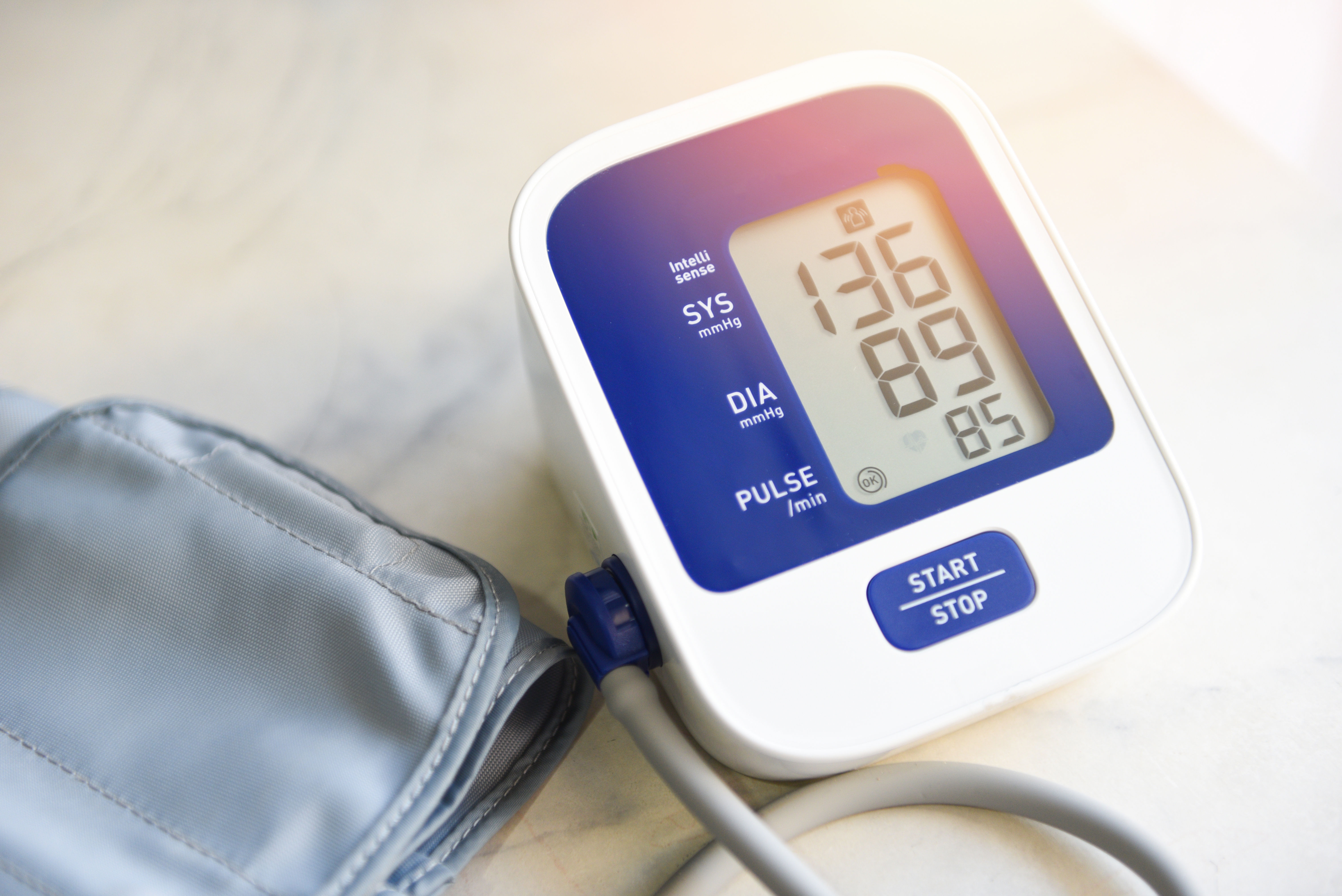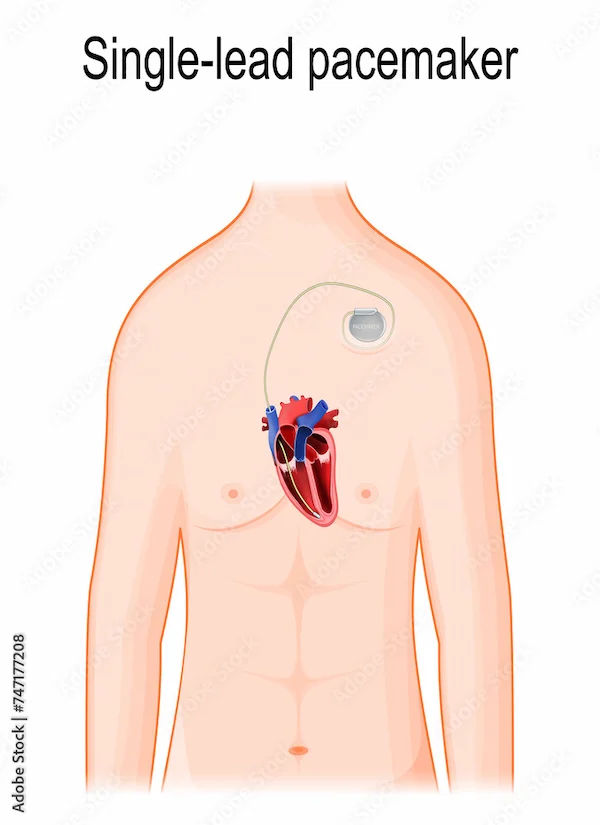- male
- 45 Years
- 23/01/2025
I've done a bunch of tests like the 2D echo, ECG, and TMT stress test, and everything came back normal. My cholesterol is at 158, BP is 12080, and both calcium and alkaline phosphatase are within limits. All the CBC, blood count, sugar, and urine tests went well, and the doctor said nothing's wrong with me. But I still feel chest pain and back pain, right opposite my heart and pain around my ribs. After dinner, I feel pretty uneasy, and my work hours are 5 pm to 3 am. When I try to sleep at night, I end up feeling stressed and uneasy. The 2D echo test showed my heart's compatibility is 64, and blood circulation is normal. I quit smoking about 8 months ago but still have tobacco twice a day, and I'm trying to quit. I'm also getting into exercise regularly. I'm wondering if this is all in my head because a colleague of ours passed away recently. Is there any chance I'm at risk for a heart attack here, and what precautions should I be taking?
Answered by 1 Apollo Doctors
-It sounds like your tests have ruled out major heart issues, and the chest and back pain could be related to stress or the tobacco use you're trying to quit. It's great that you're exercising regularlythis can help reduce stress and improve overall he
Dr. Shubham Suggests...
Consult a Cardiologist
Answered 04/07/2025
0
0

More Cardiology Health Queries
View allI've been experiencing some weird noises coming from my chest and stomach, kind of like gurgling sounds. It started happening a lot, then stopped for about a month, but now it's back again. I'm confused if it's related to gas or something else. I've checked my pulse when it happens, and sometimes it pauses, but I'm not sure if I'm just not focusing enough because of the noise. It kind of feels like when your stomach growls from hunger, but it's happening in my chest. I've had PVCs with bigeminy and couplets, and once there was sinus tachycardia. I used to take beta blockers for anxiety, but I stopped at some point. Do you think this gurgling is related to my heart somehow? I also had acid reflux issues about two years ago, if that's relevant. My throat makes noises too. Is this something to worry about?
cardiologist opinion.
Answered by 1 Apollo Doctors
I'm really worried about what to do if someone has a heart attack before we can get them to the hospital. Is there a specific tablet that's recommended to take beforehand to help prevent any more damage to the heart?
Cardiologist opinion is advised to the patient.
Answered by 1 Apollo Doctors
I'm really concerned about the results of my ECG. It mentioned something about Interior Ischemia and an abnormal T wave. I'm not exactly sure what that means or how serious it is. Could you tell me what the best treatment options are for this situation? Should I be worried?
For Inferior Ischemia with abnormal T-wave on ECG, treatment typically involves addressing the underlying cause, such as coronary artery disease, and may include medications like beta blockers, nitrates, and antiplatelet agents, as well as lifestyle changes, and potentially invasive procedures like angioplasty or coronary artery bypass grafting (CABG), under the guidance of a cardiologist.
Answered by 1 Apollo Doctors
Disclaimer: Answers on Apollo 247 are not intended to replace your doctor advice. Always seek help of a professional doctor in case of an medical emergency or ailment.




